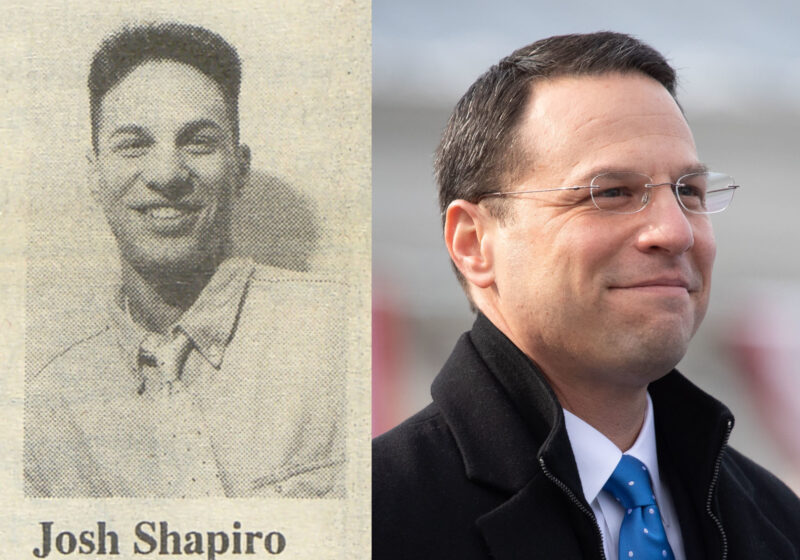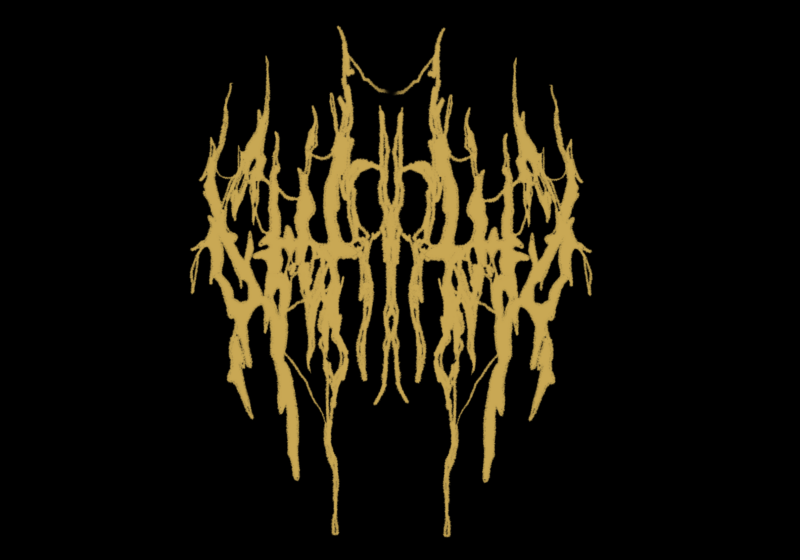Democrat and alum Josh Shapiro ‘95 defeated Republican Doug Mastriano in Pennsylvania’s gubernatorial election Tuesday to become the first UR graduate elected governor of any state.
Shapiro, who has served as Pennsylvania’s attorney general since 2017 and in the state’s House of Representatives from 2005-2012, won with around 64% of the vote to succeed Democratic Governor Tom Wolf.
Running on a platform that centered abortion acccess and criminal justice reform, he successfully countered Mastriano’s far-right messaging against vaccine requirements, “critical race theory,” and mail-in voting, amid a host of other topics that came up during the campaigns. Shapiro was also aided by a funding mismatch, setting a state campaign spending record of $44 million — more than 10 times the amount spent by Mastriano.
But before Shapiro became Pennsylvania’s governor-elect, or even the state’s attorney general, he boasted two (arguably) humbler titles — UR Students’ Association senator and president.
According to an interview conducted with the Campus Times during his attorney general reelection bid, Shapiro did not come into college with any intention of studying Political Science or serving in the SA. He was a pre-med student vying for a spot on the men’s varsity basketball team.
But then he decided against the pre-med track. And he was cut from the basketball team. So Shapiro opted to spend his first year at UR as an SA senator.
It was in this position that Shapiro first earned himself some oh-so-valuable column inches in the CT. As a senator, he led the opposition to the administration’s attempt to split Medical Emergency Response Team (MERT) funding between UR Security and the SA fund, arguing that it would open the opportunity for the administration to cut all support to MERT and force SA to fund the organization. The position ran against that of MERT Chairman Bob Dorman, who argued funding MERT would save students ambulance money and allow MERT to pay for equipment and certification classes.
Ultimately, the funding was struck down in a contentious 10-9 vote on Nov. 11, 1991, marking Shapiro’s first highly-publicized political victory.
Later in his senatorial term, Shapiro and the entire senate would become embroiled in controversy due to a resolution announcing that the SA would “derecognize all currently SA-recognized groups if a 50 percent voter turnout is not achieved during normal election periods.” At the time, voter turnout in SA elections hovered between 20-33%. Shapiro spoke in favor of the resolution, which passed by a 14-4 vote on Feb. 3, 1992 but was later struck down by a unanimous All Campus Judicial Council (ACJC) vote despite Shapiro serving on the four-man team representing the SA Senate at the hearing.
Later that spring, Shapiro ran for SA president on a pro-club sports, pro-varsity lacrosse, and anti-faculty cuts platform published in the CT on April 16, 1992. In that appeal to the student body, he leveraged his senatorial experience creating and serving on the Club Sports Council as the SA navigated the constitutional complexities of extending SA budget funding to gender-divided and performance-discriminatory club sports. He even tossed in a Bobby Kennedy quote.
The appeal worked. Pennsylvania Gov.-elect Shapiro became SA President-elect Shapiro on April 23, 1992, beating out five juniors and becoming, to this day, the youngest person and only first-year ever elected to the position.
“I put my whole heart into this, and I’m glad that the student body saw that,” Shapiro told the CT in 1992. “Being a freshman was to my advantage. […] I was honest with the people.”
And, by all accounts, the young Shapiro was a respected student advocate during his tenure. He pushed for increased lighting on campus and laid the groundwork for the opening of Common Ground, a coffee shop in The Pit that operated until 2007. He even worked with University and Rochester city officials in an attempt to negotiate student access to 130 metered parking spaces along Wilson Boulevard, though the plan was ultimately struck down.
On April 12, 1993, Shapiro announced during his State of the University address that he would not seek reelection, as reported on April 15, 1993 in the CT. The article detailed how Shapiro improved communication with students and between administrators and ran through other accomplishments of his tenure. Administrators also lauded Shapiro’s handling of the role.
“Josh Shapiro virtually has set a new standard for student leadership,” former Vice President and Dean of Students Paul Burgett told the CT in 1993. “He wove together a coalition of student leaders that integrated enormously successfully with the administration and with his principal constituency, the students. He’s done his university a great service.”
In that 2020 interview with the CT, Shapiro said he left the SA to spend his junior year interning in Washington, D.C. as part of the University’s Washington Semester Program, an experience that “became a springboard to his work on Capitol Hill after graduating,” according to an email sent out Wednesday by Professor of Political Science and History Dr. Gerald Gamm.
Gamm ended the email by quoting a message he said Shapiro wrote hours after he was elected governor.
“Not sure I’m here if not for UR.”







